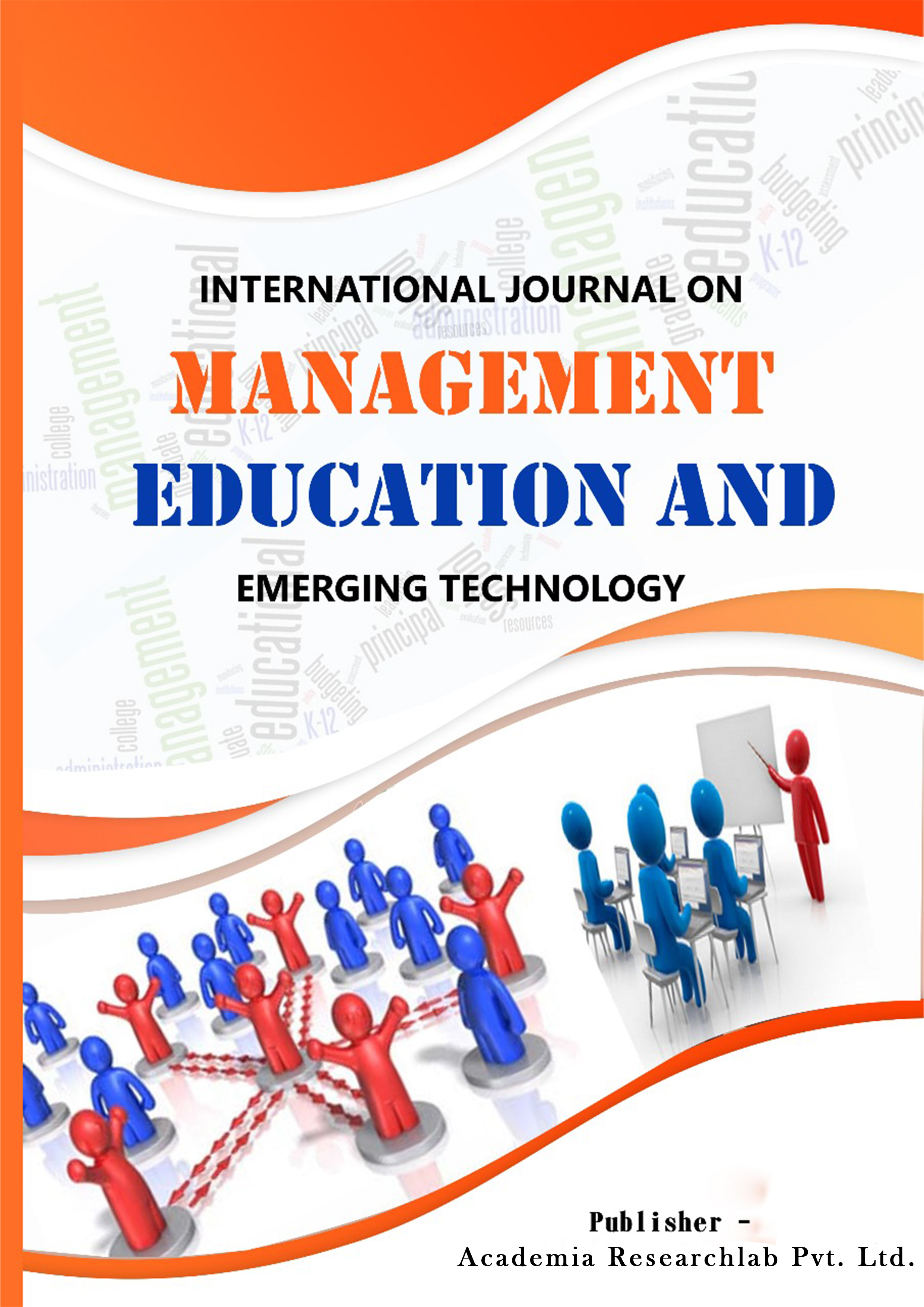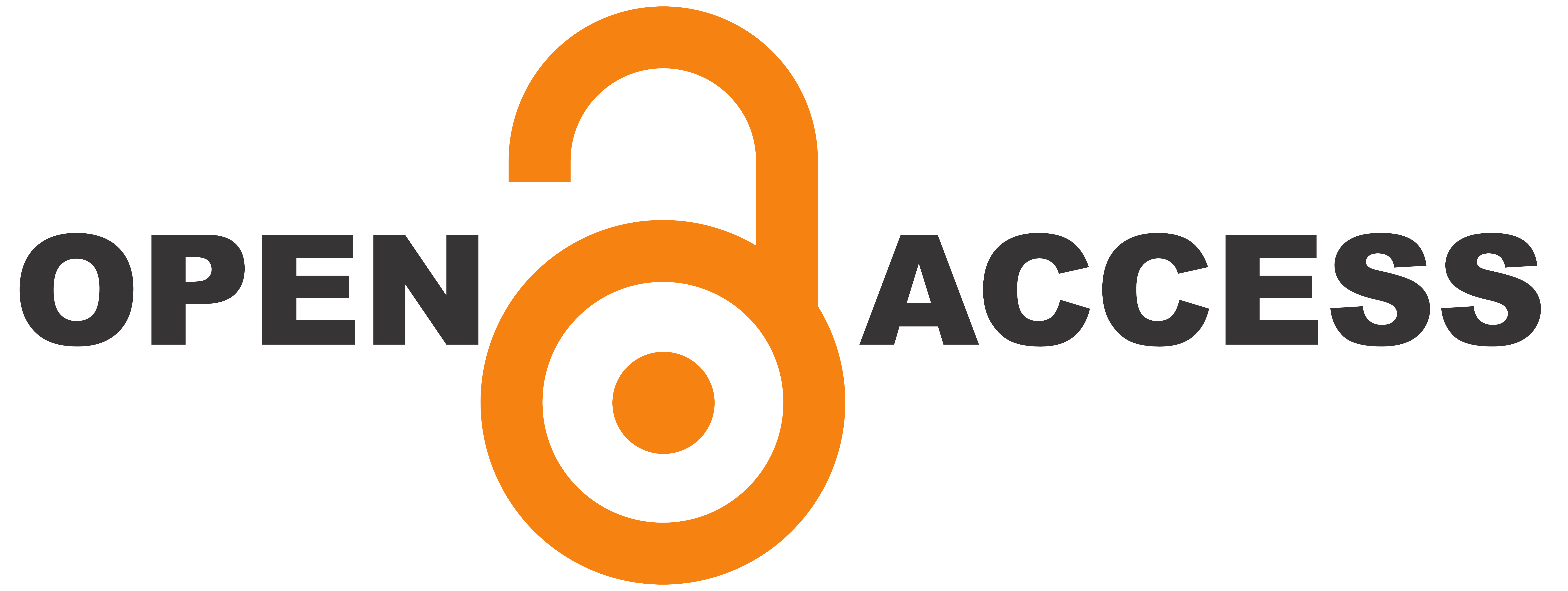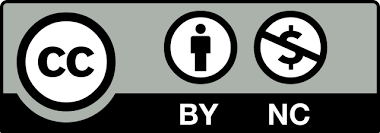Minoritization And Vulnerability: Essence Of Rule Utilitarianism To Online Speech And Expression
Keywords:
Minoritization Vulnerability, Online Speech, Rule UtilitarianismAbstract
In response to the escalating challenges posed by online communication, our research aims to thoroughly explore and understand the complexities involved in how rule utilitarianism applies to regulation of online speech and expression, specifically focusing on the vulnerabilities experienced by children and youth. Through an in-depth content analysis of Twitter comments, our study exposes concerning rates of dehumanization, notably in forms such as slut-shaming and sexualization, targeting these vulnerable groups. This exploration underscores the urgency to address these issues, recognizing their potential for harm and perpetuation of discrimination. The persistent tension between upholding freedom of online speech and mitigating harm emphasizes the crucial need for responsible digital tools, inclusive policies, and collaborative initiatives. Our research advocates for enhanced digital literacy, legal frameworks, and collective action, aiming to establish a safer online environment, particularly for marginalized communities. Importantly, the findings highlight the prevalence of dehumanization, urging comprehensive approaches to protect vulnerable communities online.
References
Bozzola, E., et al. (2022). The Use of Social Media in Children and Adolescents: ScopingReview on the Potential Risks. Int. J.Environ. Res. Public Health 19(16):9960. https://doi.org/10.3390/ijerph19169960A
Chen, X., Huang, C., & Cheng, Y. (2020). Identifiability, Risk, and Information Credibility in Discussions on Moral/Ethical Violation Topics on Chinese Social Networking Sites. Frontiers in Psychology, 11, Article 535605. https://doi.org/10.3389/fpsyg.2020.535605
Chen, Z. (2023). Ethics and discrimination in artificial intelligence-enabled recruitment practices. Humanit Soc Sci Commun 10, 567.
https://doi.org/10.1057/s41599-023-02079-x
Cram, I. (2022). Liberal Democracy, Law and the Citizen Speaker: Regulating Online Speech (First Edition).
Oxford: Hart Publishing. https://doi.org/10.5040/9781509945856
Goedhart, N.S., Pittens, C.A.C.M., Tončinić, S. et al. Engaging citizens living in vulnerable circumstances in research: a narrative review using a systematic search. Res Involv Engagem 7, 59 (2021). https://doi.org/10.1186/s40900-021-00306-w
Gorwa, R., Binns, R., & Katzenbach, C. (2020). Algorithmic content moderation: Technical and political challenges in the automation of platform governance. Big Data & Society, 1–15. https://doi.org/10.1177/2053951719897945
Harriman, N. W., Shortland, N., Su, M., Cote, T., Testa, M. A., & Savoia, E. (2020). Youth Exposure to Hate in the Online Space: An Exploratory analysis. International Journal of Environmental Research and Public Health, 17(22), 8531.
International Telecommunication Union (ITU). (2021). Keeping children safe in the digital environment: The importance of protection and empowerment. https://www.itu.int/en/ITU- D/Cybersecurity/Documents/Policy_Brief_Keeping_Children_Safe_in_the_Digital_Environment.pdf.
Joyce, D. (2015). Internet freedom and human rights. European Journal of International Law, 26(2), 493–514.
Doi: https://doi.org/10.1093/ejil/chv021
Kozyreva, A., Herzog, S. M., Lewandowsky, S., & Reifler, J. (2023). Resolving content moderation dilemmas between free speech and harmful misinformation. Proceedings of the National Academy of Sciences, 120(7), e2210666120. https://doi.org/10.1073/pnas.2210666120
Klonick, K. (2017). The New Governors: The People, Rules, and Processes Governing Online Speech. Legal Perspectives in Information Systems eJournal.
Momen, M. N. (2020). Threats to Free Expression in the Digital Age. In Global Encyclopedia of Public Administration, Public Policy, and Governance (1st ed.). Springer, Cham. https://doi.org/10.1007/978- 3-319-31816-5_3897-1
Momen, M. N. (2019). Myth and Reality of Freedom of Expression On the Internet, International Journal of Public Administration, 43:3, 277-281.https://doi.org/10.1080/01900692.2019.1628055Mostert, F. (2019). To regulate or not to regulate online speech, that is the question. Journal of Intellectual Property Law & Practice, 14(10), 741–742. https://doi.org/10.1093/jiplp/jpz098
Obermaier, M., & Schmuck, D. (2022). Youths as targets: factors of online hate speech victimization among adolescents and young adults. Journal of Computer-Mediated Communication, 27(4). https://doi.org/10.1093/jcmc/zmac012
Roche, S., Otarra, C., Fell, I., Belle Torres, C., & Rees, S. (2023). Online sexual exploitation of children in the Philippines: A scoping review. Children and Youth Services Review, 148, 106861. https://doi.org/10.1016/j.childyouth.2023.106861
Rogers, w., Lange, M. (2013). Rethinking the Vulnerability of Minority Populations in Research. American Journal of Public Health. 103(12), 2141-2146.
https://doi.org/10.2105/AJPH.2012.301200
Perez Vallejos, E., Dowthwaite, L., Creswich, H., Portillo, V., Koene, A.R., Jirotka, M., McCarthy, A., & McAuley, D. (2019). The impact of algorithmic decision-making processes on young people’s well- being (Preprint).
Vashishth, A. (2022). India's online freedom of speech and expression. School of Legal Studies, ApeejayStya University, Gurugram. DOI: https://doi.org/10.52458/9789391842673.nsp2022.eb.asu.ch.19
Vallor, Shannon, "Social Networking and Ethics", The Stanford Encyclopedia of Philosophy (Fall 2022 Edition), Edward N. Zalta & Uri Nodelman (eds.), URL = https://plato.stanford.edu/archives/fall2022/entries/ethics-social-networking/.
Vogels, E. A. (2021, January 13). The State of Online Harassment. Pew Research Center | Nonpartisan, nonadvocacy, public opinion polling and data-driven social science research | Pew Research Center. https://www.pewresearch.org/internet/wp-content/uploads/sites/9/2021/01/PI_2021.01.13_Online- Harassment_FINAL-1.pdf
Way, K. & Redden, M. (2017). The study of youth online: a critical review and agenda, Review of Communication, 17:2, 119-136, DOI:10.1080/15358593.2017.1293838
Additional Files
Published
How to Cite
Issue
Section
License
Copyright (c) 2024 International Journal on Management Education and Emerging Technology(IJMEET)

This work is licensed under a Creative Commons Attribution-NonCommercial-NoDerivatives 4.0 International License.





